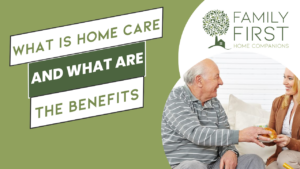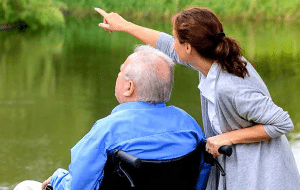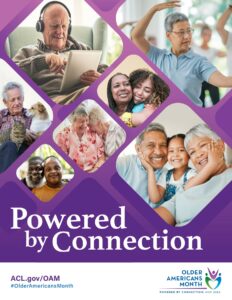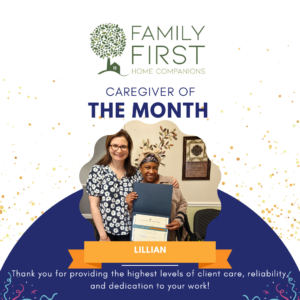Posts Tagged ‘senior care services’
How to Get Help at Home for Aging Parents: A Complete Guide for Families
As our parents age, many adult children find themselves navigating unfamiliar territory — juggling their own busy lives while trying to ensure Mom or Dad gets the care and support they need to stay safe, healthy, and happy at home. This guide will walk you through everything you need to know — and where to find the right resources — to make confident decisions for your loved one.
Read MoreHip Injuries in Older Adults: Causes, Recovery, and How Caregivers Can Help
Hip injuries, especially fractures, are a serious concern for older adults, leading to long-term mobility challenges, loss of independence, and even life-threatening complications. For seniors who experience a hip fracture, the road to recovery can be long and challenging. However, with the right care, rehabilitation plan, and support from caregivers, older adults can regain mobility and improve their quality of life.
Read MoreUnderstanding Congestive Heart Failure and How Caregivers Can Help at Home
Congestive heart failure (CHF) is a chronic condition that affects millions of seniors, making it difficult for the heart to pump blood efficiently. This condition leads to fluid buildup in the lungs and other parts of the body, causing symptoms like shortness of breath, fatigue, swelling, and difficulty performing daily activities. Managing CHF at home requires a combination of medical care, lifestyle adjustments, and ongoing support.
Read MoreJanuary Is Glaucoma Awareness Month: Educating and Supporting Older Adults
January is Glaucoma Awareness Month, an essential time to shed light on this vision-threatening condition that disproportionately affects older adults. Glaucoma is known as the “silent thief of sight” because it often develops without noticeable symptoms until significant vision loss has occurred. With early detection and proper management, however, the progression of glaucoma can be slowed, preserving quality of life for those affected. For seniors, the support of in-home caregivers can be a vital part of managing this condition effectively.
Read MoreCaring For a Loved One with Early-Stage Dementia
Early-stage dementia, the initial phase of a progressive condition, presents unique challenges for families and caregivers. Unlike advanced stages, individuals in the early stage often retain significant independence but may experience memory lapses, difficulty concentrating, and emotional changes. Caring for a loved one with early-stage dementia requires a proactive and compassionate approach, with a focus on personalized care and emotional resilience.
Read MoreRecognizing Care Needs During the Holidays: Signs to Watch For and Starting the Conversation with Your Aging Loved One
The holiday season is a cherished time for family gatherings, offering a unique opportunity to observe the well-being of our aging parents. Amidst the celebrations, it’s crucial to remain attentive to subtle signs that may indicate they need additional support at home. Recognizing these signs early can ensure their safety, health, and happiness, allowing them to maintain independence with the appropriate assistance.
Read MoreWhat is Home Care and What Are the Benefits?
Home care refers to a wide range of services that are provided in an individual’s home, rather than in a hospital or care facility. These services are tailored to the specific needs of the elderly and include assistance with daily living activities such as bathing, dressing, meal preparation, medication management, and companionship.
Read MoreFinding the Best Caregiver: Essential Qualifications to Consider
Choosing the right caregiver for yourself or your loved one is a decision that requires careful consideration of various factors.
Read MoreCelebrating Older Americans Month: Powered by Connection
The Importance of Connection: As we celebrate Older Americans Month and reflect on the theme “Powered by Connection,” we are reminded of the profound impact that human relationships have on the lives of seniors.
Read MoreCelebrating Excellence: Lillian, Our Caregiver of the Month
In the heart of every successful home care agency lies a dedicated team of caregivers, whose commitment and compassion shape the lives of those they serve. At Family First Home Companions, we take immense pride in recognizing and celebrating the exceptional individuals within our caregiving community. Today, we are thrilled to shine a spotlight on Lillian, our esteemed Caregiver of the Month. Lillian’s unwavering dedication, empathy, and exemplary service have touched the lives of countless families and individuals in our community.
Read More








